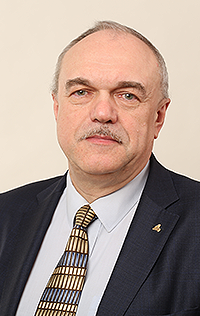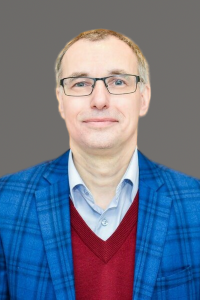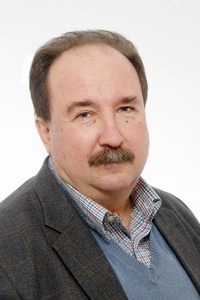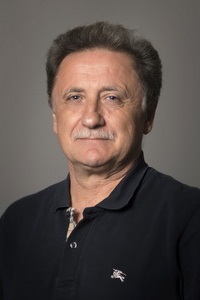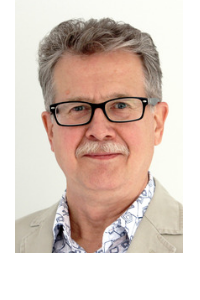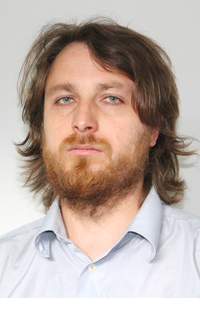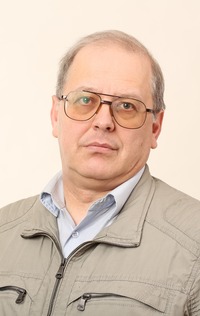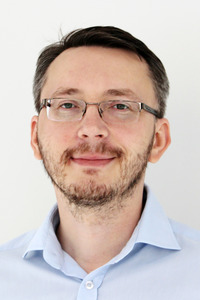Advanced Functional Powder and Additive Materials and Coatings
Want to learn how to create objects from metals? Work with ceramics, oxides, and composites instead of just raw metalworking materials? Your profession will remain in demand as long as material value is generated through real technology — not magic.
You’ll study the unique properties of powder states and learn research methodologies in powder materials science and functional coating technologies. Under the guidance of leading scientists and experts, you’ll work in modern labs like the Laboratory of IN SITU Diagnostics of Structural Transformations, the Laboratory of Inorganic Nanomaterials, the Structural Ceramic Nanomaterials Laboratory.
After graduation, you’ll be ready to lead production processes and develop improvement strategies.
Duration of the program: 6 years. Full-time education in Russian.
